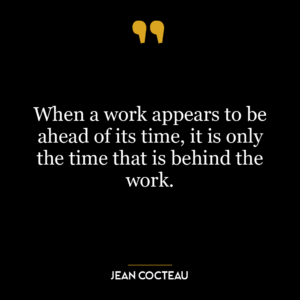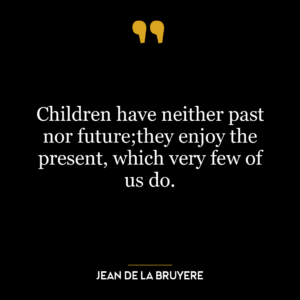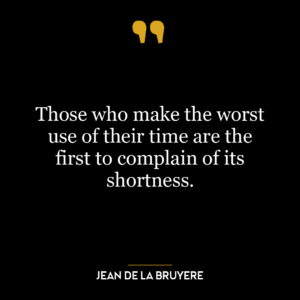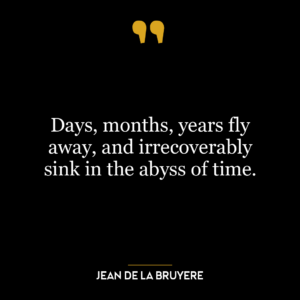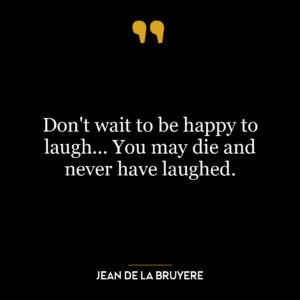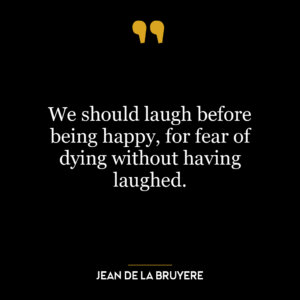This quote suggests that as we age, we do not necessarily become more childish or immature; instead, we become more in touch with our true, innocent selves that we were as children. It implies that growing older does not equate to losing our sense of wonder, curiosity, or the ability to learn and grow. Instead, it is a process of rediscovering our true selves, unencumbered by societal expectations or pressures.
The quote emphasizes the idea that aging is not a process of degradation, but rather one of revelation, where we uncover the essence of who we truly are, which has been there since childhood. It suggests that the child within us never truly disappears, but instead, it is often suppressed or hidden due to the demands and constraints of adult life.
In today’s world, this quote could be applied in the context of personal development and mental health. In the hustle and bustle of modern life, individuals often lose touch with their inner selves, becoming disconnected from their true desires, passions, and values. The process of aging can serve as a reminder to reconnect with these aspects, to embrace the child within us who is not afraid to dream, explore, and express genuine emotions.
Moreover, this quote could also be seen as a call to embrace the aging process rather than resisting it. In a society that often values youth and fears aging, this perspective offers a refreshing and positive view on growing older. It encourages us to see aging not as a loss of vitality, but as a journey of self-discovery and personal growth.
In terms of personal development, this idea could inspire individuals to continually seek self-improvement and self-understanding, regardless of their age. It suggests that personal growth does not have an expiration date, and that we are never too old to learn, change, and become more in tune with our true selves. By embracing the child within us, we can approach life with an open mind, a curious spirit, and a resilient heart, just as children do.






